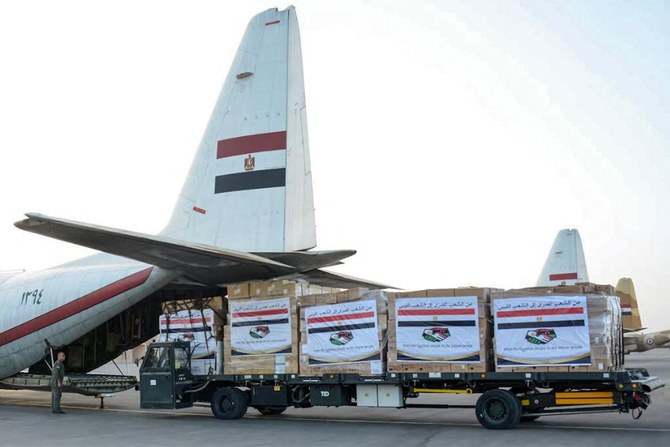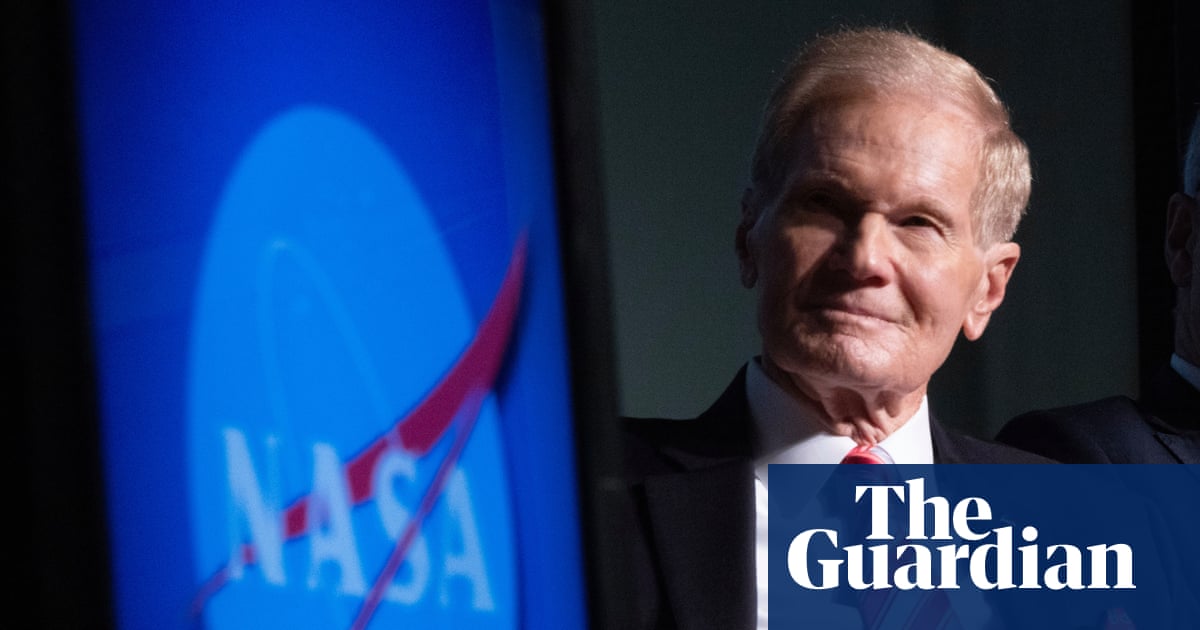
Egypt consistently extends assistance to neighboring countries in times of hardship and refrains from exploiting their situations for personal gain, even if such exploitation could yield benefits.
When Hurricane Daniel struck the northeastern coast of Libya, causing extensive destruction in the long-suffering city of Derna and affecting numerous Libyan and other Arab residents, Egypt swiftly intervened.
Cairo’s response involved dispatching humanitarian aid, medical supplies and rescue equipment belonging to the Egyptian Armed Forces to alleviate the suffering of the Libyan people, who were enduring an unprecedented catastrophe.
Egypt deployed its Mistral helicopter carrier the ENS Gamal Abdel Nasser to the Libyan coast to provide vital support and relief. Additionally, it delivered hundreds of tons of humanitarian aid, equipment and relief personnel to assist the Libyan people. This operation was conducted by both land and sea.
The entry of Egyptian equipment deep into Libyan territory was met with joy and appreciation by the local populace, who regarded it as a contribution from their Egyptian brethren.
The entry of Egyptian equipment deep into Libyan territory was met with joy and appreciation by the local populace
Dr. Abdellatif El-Menawy
The warm reception expressed by the Libyans can be attributed to two significant factors. Firstly, the Libyan people firmly believe that the Egyptian government possesses the best understanding and knowledge regarding the urgent and immediate requirements of the Libyan population in terms of logistical support and the provision of medicines. The deployment of the Mistral carrier, for example, facilitated the transportation of the injured, while the establishment of a field hospital aided in rescuing critically ill patients and providing them with the necessary treatment.
Secondly, the Libyan people may have grown weary of the rivalries among Libyan factions that are driven by political gains. They perceive the unwavering support from Arab nations, including Egypt, Saudi Arabia, the UAE and Qatar, as encouragement for the warring groups to assume responsibility and transcend their differences in solidarity with their country and fellow citizens, much like supportive brethren from other nations.
It should be noted, however, that this warm welcome extended to Egypt does not imply an invitation for it to maintain a lasting presence in Libya — an outcome that is highly unlikely. From the outset, the Egyptian government has been clear in its position, expressing a desire to assist Libya without interfering in its internal affairs.
Multiple factors support this viewpoint. Firstly, while Egypt possesses solutions, the political and military situation in Libya, particularly in civil society in eastern Libya, is fraught with dangers. Various security risks, such as extremist sleeper cells, pose a threat and they may retaliate against Egyptian forces due to previous engagements where the Egyptian army played a role in curbing their activities.
Secondly, Cairo places special emphasis on security and stability in Libya, particularly in the border areas adjacent to Egypt. These regions have historically been hotspots for weapons smuggling and the infiltration of terrorist groups into Egypt, leading to the execution of terrorist operations. Since the terrorist incident in the Al-Wahat area of Egypt in October 2017, cooperation between Egypt and eastern Libya, in particular, has intensified to confront these terrorist elements, secure the Egyptian-Libyan border and protect Egyptians working in Libya.
The government has been clear in its position, expressing a desire to assist Libya without interfering in its internal affairs
Dr. Abdellatif El-Menawy
Thirdly, the Egyptian government is preoccupied with various border crises concerning Sudan, the Palestinian issue and the Grand Ethiopian Renaissance Dam. This renders it incapable of assuming additional burdens in Libya.
Lastly, the complex situation and political divisions within Libya, with two rival governments vying for legitimacy, deter Cairo from intervening out of wisdom and foresight. These factors prompt it to exercise restraint and refrain from involvement in Libya.
Egypt is aware of its role and acts in accordance with what it deems to be its genuine interests. If it was to intervene, it would aim to contribute to unraveling the mystery surrounding the invitation extended to the international community by the Libyan government appointed by the House of Representatives in the east for a Derna reconstruction conference, scheduled for Oct. 10. This step has raised questions regarding the true intentions behind it: Is it driven by a desire to gain more legitimacy and international recognition than the Government of National Unity in the west, or is it a response to Egypt’s call for unity in support of the Libyan people as they face a severe humanitarian crisis?
Unfortunately, I am concerned that the eastern government may be considering the former option. Despite the apparent solidarity among different Libyan groups in the face of the tragedy in Derna, political dynamics continue to fuel silent competition between the two governments. This competition revolves around issues of legitimacy and, more alarmingly, the management of reconstruction funds.
The political rivalry between the governments of Abdul Hamid Dbeibeh in Tripoli (western Libya) and Osama Hammad in Benghazi (eastern Libya) over reconstruction funds and international aid, which has flowed in from more than 20 countries and international relief organizations, is likely to fuel major disagreements between the two sides. Personally, I find this situation undesirable and, if it were to occur, it would evoke a profound sense of shame at the thought of exploiting the suffering of ordinary people who have been displaced by the hurricane and a complete disregard for the memory of those who lost their lives during the crisis.
Regrettably, the accusations exchanged between the two governments are utterly shameful. Some accuse one government of obstructing the entry of aid convoys sent by the other government, while supporters of the other government respond that the first is seeking to exploit the event to impose its opinion on Libya and the international community. The crisis is that the victims are the Libyans who lost loved ones, their shelter or their sense of security.
Can any rational person imagine that the political conflict in Libya has reached the point of preventing humanitarian aid from reaching those affected by the disaster in order to exploit such dangerous circumstances to achieve political gains?
It cannot be said that Egypt’s provision of aid to the Libyan people has goals other than helping them overcome their great ordeal. Cairo must also stand alongside its neighbor to end this polarized situation, for which ordinary Libyan citizens are paying the price.
“Egypt” is the password for ending conflicts.
Dr. Abdellatif El-Menawy is a critically acclaimed multimedia journalist, writer and columnist who has covered war zones and conflicts worldwide. X: @ALMenawy










